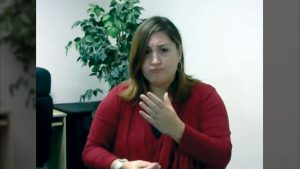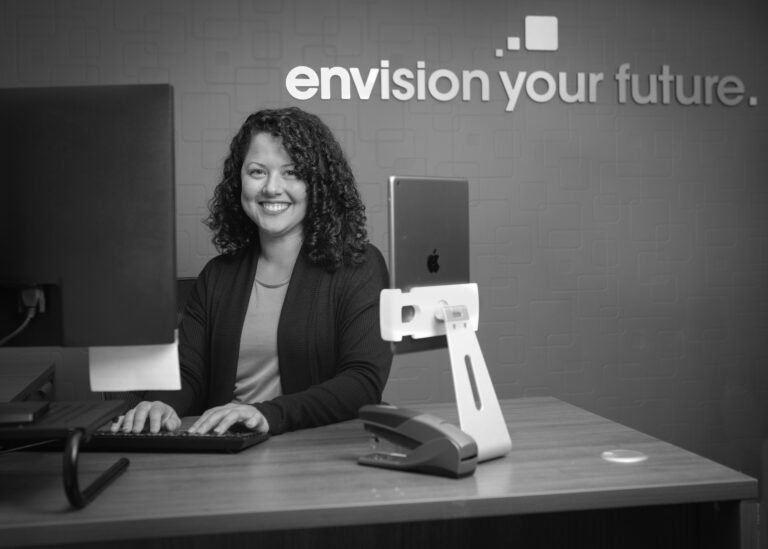Many assets allow you to name a beneficiary, that is, whom you would like to receive the asset in the event of your death. Life insurance policies and retirement accounts are common examples but some other account types such as bank accounts and non-retirement investment brokerage accounts also may allow you to name beneficiaries through a Pay on Death (POD) or Transfer on Death (TOD) form. While these forms are generally straight forward, they often lead people to make inadvertent errors. We have identified six common mistakes people make when preparing for the distribution of their assets after death. This is PART SIX OF SIX.
Gifting vs. inheriting
Many people prefer to give assets to their children while they are still alive instead of waiting for them to inherit it. This is common for people who are aging and find they don’t need some of the assets they have or they want to remove assets from their name to reduce estate taxes or for Medicaid planning purposes. However, there are often tax consequences associated with gifting assets while you are alive.
Gift tax
Gifts in excess of the $14,000 annual gift tax exclusion may be subject to gift tax. Even if it isn’t subject to the tax, you will still need to report it on an IRS form 709, a Gift Tax Return. While many people are aware of this as it relates to cash gifts, they do not realize that it also applies to changing the registration on assets. For example, if you change the title on the deed to your home to your children, and the house is worth $500,000, the IRS considers this a $500,000 gift. Consult with a tax advisor before making any registration or title changes.
Loss in stepped-up cost basis
One expensive mistake is gifting (or re-titling) highly appreciated assets such as real estate or stocks to someone else’s name. When an asset is gifted to someone while the donor is alive, the recipient takes on the original cost basis of that asset as well. Conversely, when an asset is inherited by someone after the death of the original owner, the beneficiary receives a “step-up” in cost basis to the value as of the owner’s date of death. This tax benefit can be huge.
Example: John Doe purchased his home in 1950 for $25,000. Today, the home is worth $400,000. If John changes the title on the home to his daughter, Jill, and then Jill sells it, she will have to pay tax on the capital gain of $375,000 ($400,000 sale – $25,000 cost basis= $375,000 capital gain). She would owe $56,250 in Federal taxes alone, not to mention State taxes, where applicable. However, if John were to leave it to Jill after his death as part of his estate, Jill would receive a step up in cost basis to $400,000. If she then sold it immediately for $400,000, she would not owe any taxes at all ($400,000 sale – $400,000 cost basis= $0 capital gain).
The stepped-up cost basis also applies to other capital assets such as stocks, bonds, and many other investment vehicles.
Before adding your child’s name to any of your assets, be sure to consult with a tax advisor or estate planning attorney.
Being aware of this type of common mistake can help you better prepare to ensure your wishes are followed in the event of your death. At Kramer Wealth Managers, we can help you coordinate with an estate planning attorney to make sure your estate goals and financial planning goals are in line with your personal WealthPath.
While the tax or legal guidance provided is based on our understanding of current laws, the information is not intended as tax or legal advice and should not be relied upon as tax or legal advice. Neither Osaic Wealth, nor its registered representatives, provide tax or legal advice. As with all matters of a tax or legal nature, you should consult with your tax or legal counsel for advice.




